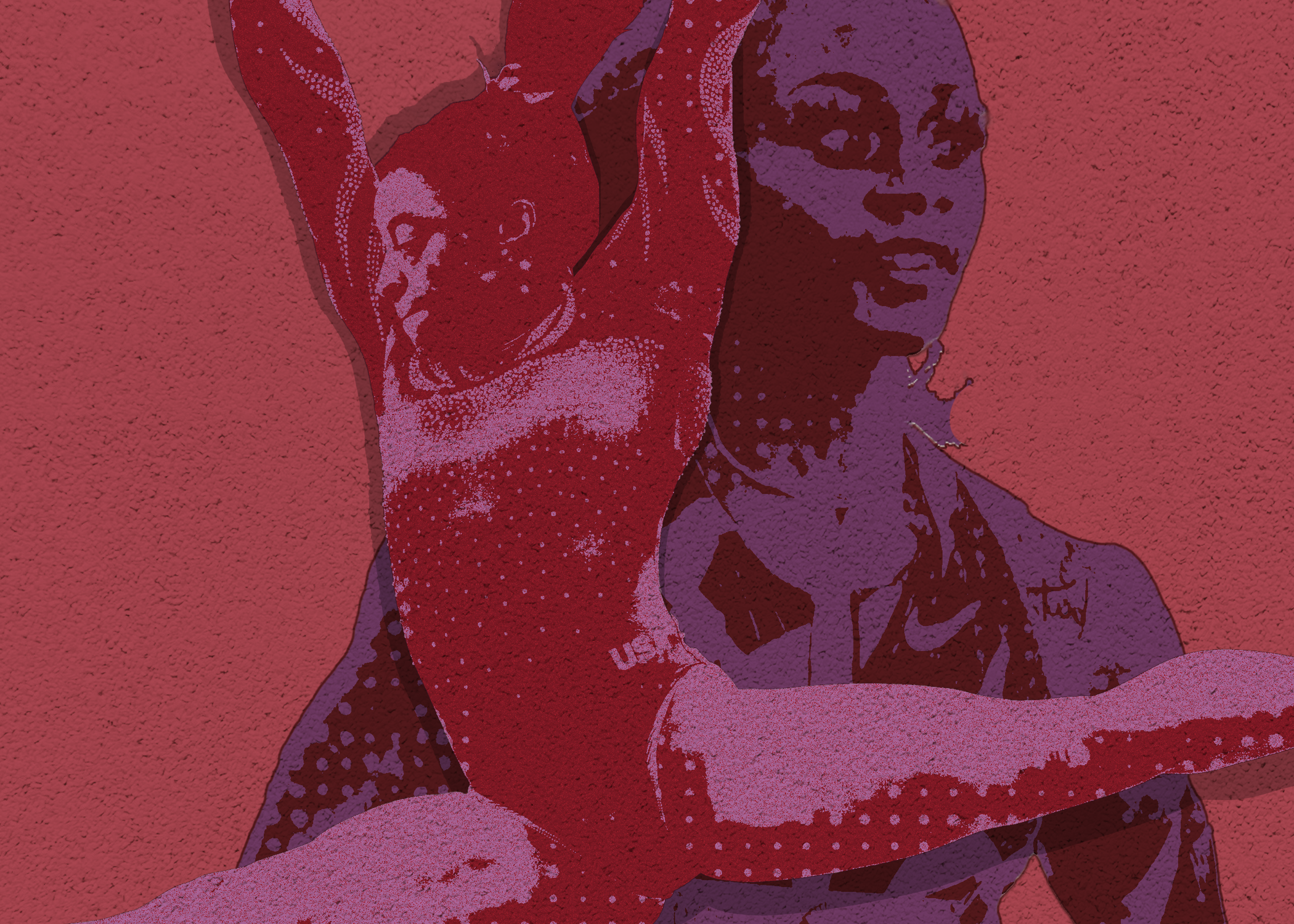“Piece of trash,” “thug,” “classless”—these social media comments described Angel Reese after the 2023 NCAA National Championship game against University of Iowa. Reese, then a Louisiana State University (LSU) women’s basketball player, taunted Iowa’s Caitlin Clark by doing the “you can’t see me” hand gesture and pointing to her finger, indicating to Clark that she would win the national championship ring. LSU ultimately did win, and Reese’s clip didn’t take long to go viral. But racist comments weren’t the only thing Reese had to endure.
“I’ve been through so much. I’ve seen so much. I’ve been attacked so many times. Death threats. I’ve been sexualized. I’ve been threatened,” Reese told CNN in April 2024.
Reese is far from the first athlete who has taunted other players, but the continued hate she has received since the championship is not as universal. Clark, who is white, made the same hand gesture earlier in the tournament but faced no backlash.
What Reese has endured reflects the racism and double standards that Black women experience as athletes, especially in comparison to their white counterparts. They deal with anti-Blackness in addition to sexism, putting them in a unique position.
In the athletic world, unequal pay has always been a problem, with many male athletes having salaries that are hundreds of thousands of dollars more than their female counterparts in the same sport. However, this gap doesn’t just exist between men and women athletes. Over the years, Black women have not been paid as much as white people across careers. In the United States, Black women only make about 63 cents for every dollar paid to white men. This gap is notably different from white women, who make about 79 cents for every dollar paid to white men.
In sports, this difference is exemplified through Black women receiving fewer sponsorships or Name, Image, and Likeness (NIL) deals, which allow college athletes to profit from their own brand. According to Arizona State University, white women sign major NIL or other endorsement deals more often, especially in women’s basketball, despite the fact that, as of 2023, more than half of WNBA players were Black women. Being white is seen as more marketable for companies, whereas Black women face numerous stereotypes linked to their Blackness. Those who are of a darker complexion or have a lot of muscle are often viewed as “manly,” a phrase rarely attributed to white women with muscle. Serena Williams, a four-time Olympic gold medal winning tennis player, has inaccurately been accused of being born a man in the past. These accusations show the gendered racism which exists in the athletic world, with Black female athletes being perceived as more masculine.
Unsurprisingly, Black women athletes experience double standards in sports frequently. Team USA suspended Sha’Carri Richardson at the 2020 Tokyo Olympic Games after a positive marijuana test. After the announcement of Richardson’s positive drug test, social media heavily criticized her and tarnished her image.
Kamila Valieva, a Russian skater who tested positive for a banned drug during the 2022 Beijing Olympic Games received a different response from both social media and the Olympic committee. Not only was Valieva allowed to compete, but the results of her failed drug test weren’t immediately published, the complete opposite of how Richardson’s case was handled.
Arguably the most famous Black woman athlete, Simone Biles dominates her sport as the most decorated American gymnast in history. However, holding this title for many years hasn’t protected her from racism online. Biles withdrew from the 2020 Tokyo Olympic Games to prioritize her mental health. After announcing her decision, she faced backlash for being a “quitter” and a “national embarrassment.” Those comments perpetuate the idea that Black women should prioritize competing for a country that has historically not supported them over protecting their mental health. Additionally, Biles frequently receives criticism for her hair being “messy” or “not professional,” a common microaggression against Black women.
Black women athletes shouldn’t have to deal with the constant racism, double standards, and mistreatment. Everyone should be able to come together as one and support the hard work of all athletes regardless of their gender and race.
With more Black female athletes speaking up about their experiences and calling out these behaviors, the most important thing to do is simply to listen and understand. Call out the microaggressions directed at these athletes online, and don’t make a joke out of their experiences. Black women have given so much to sports, and their impact has been undeniable. If fans want more champions like Biles, Richardson, Williams, and Reese, we should celebrate the wins and the pride of Black women, rather than put them down.






